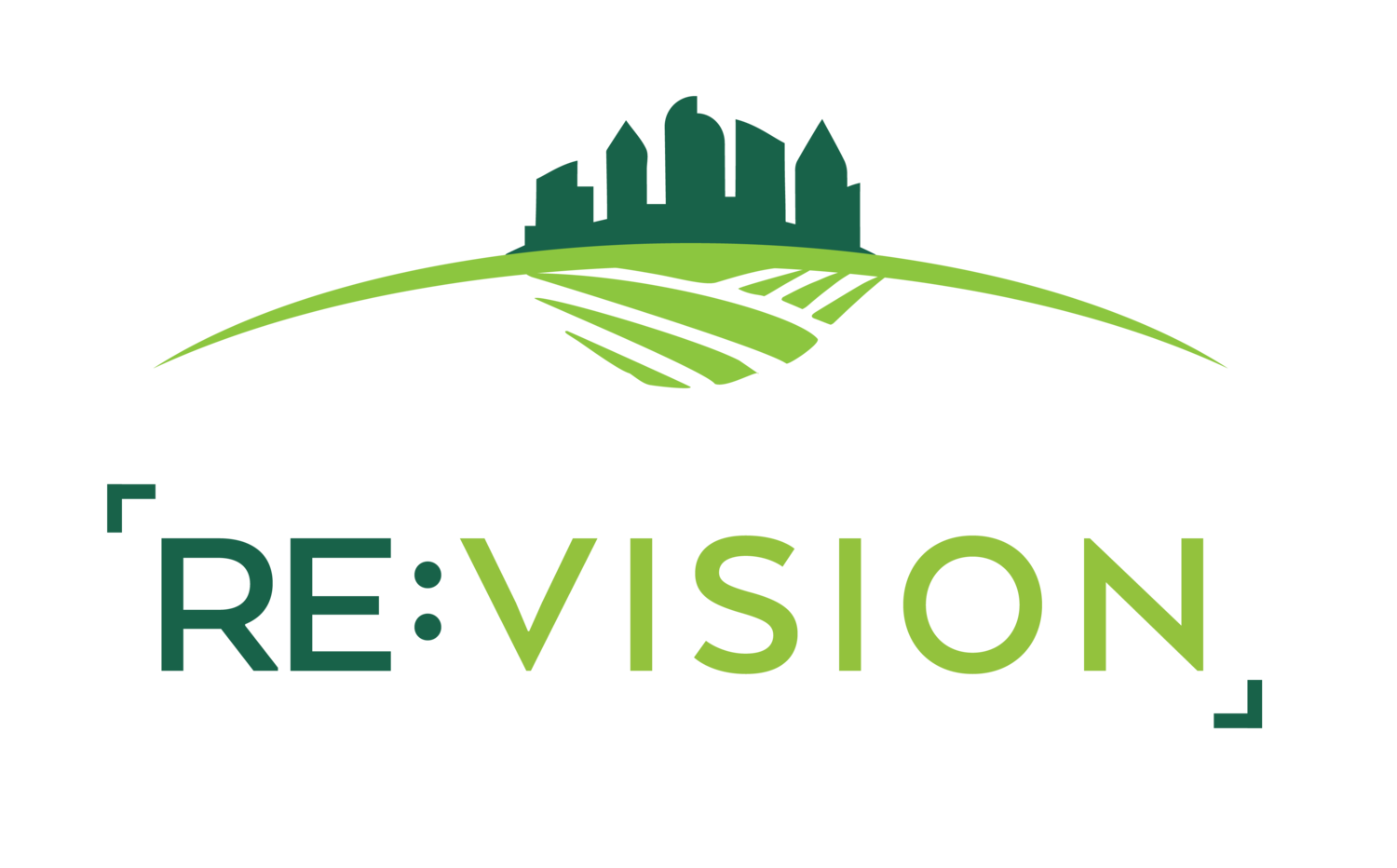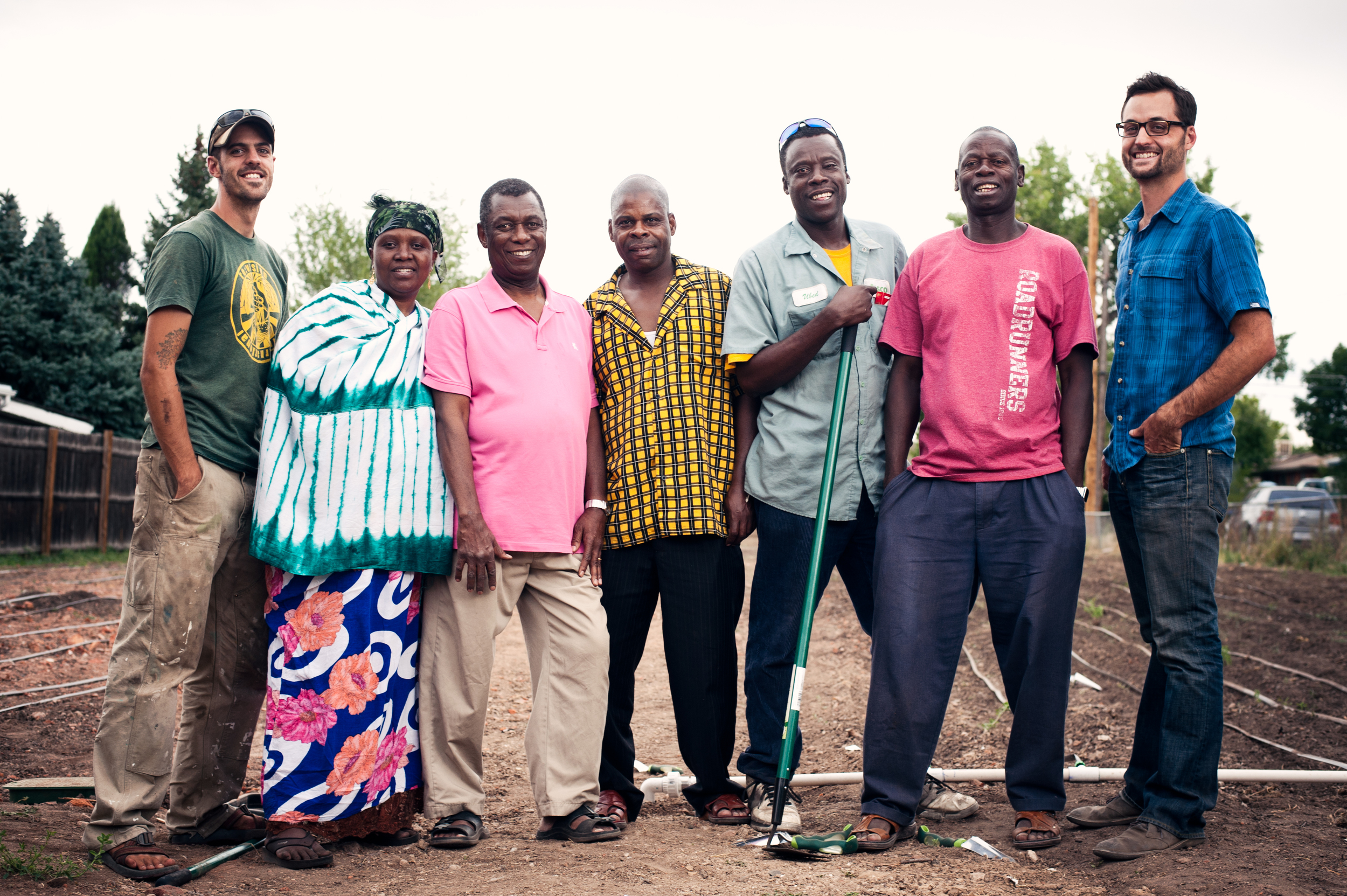Community-owned Cooperative
Since launching Re:farm Denver in Westwood in 2009, we’ve always had the goal of community ownership of the program. No matter how great the short-term impact – currently, Revision is working with 203 families to establish backyard gardens, and over 40 Somali Bantu refugee families to grow food at Revision’s 2 urban farms in Westwood – if the community does not own and control the entire program, then in the long run it will fail. The biggest challenge, however, has been figuring out the financial sustainability. How can we help the community develop the financial capacity to run the program?
In 2012, Revision’s staff and board started discussing the idea of developing a community food cooperative as a strategy to help community families take over the program and its goals of food production, distribution, and increasing economic opportunities for residents. The cooperative business model is particularly appealing as it brings together a group of people to work together to solve their common needs through shared risk and shared reward. This model is all about member-ownership and member-control - exactly what we have been trying to implement in our program. The coop model goes deeper, however, than just benefiting each member. It is an economic model that focuses on building wealth within the community. A cooperative can help solve the deeper root problems that we are addressing by getting to the economic conditions that result in a lack of healthy food and other resources.
The intent is to have the cooperative aggregate, market, and distribute excess food that is being grown in the community through Re:farm Denver (to date, the program has empowered the community to grow 36,000 pounds of organic produce!). The cooperative will purchase produce from them, providing some much needed income, and at the end of the year, if the coop has been profitable, equity or dividends will be distributed to each member based on their contributions to the cooperative. This is creating income and equity at the same time. Each household will have the opportunity to become member-owners of the cooperative.
Additionally, each member of the cooperative gets an equal vote and an equal voice in the governance and decisions of the organization. They elect a board of directors and will periodically directly make decisions that affect the direction of the coop. Through this form of democratic control, people have a say in the type of community they want. This direct involvement is incredibly powerful, particularly for a community that has long been marginalized and made to believe that they have no power.
Over the past 12 months, Revision has been discussing the idea with family members, residents, and other community partners. There is great excitement about the potential economic impact a cooperative business can have on the community. Over the next several months, we will be developing a steering committee, and working with funders and partners to develop a feasibility study and business plan for the cooperative. Stay tuned for updates!

